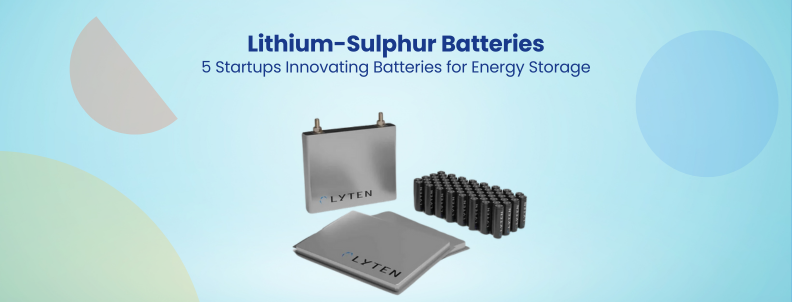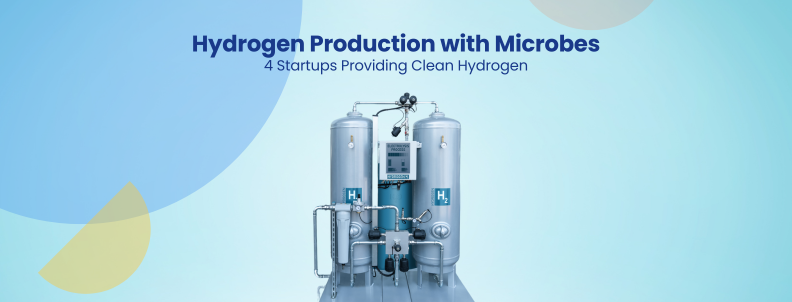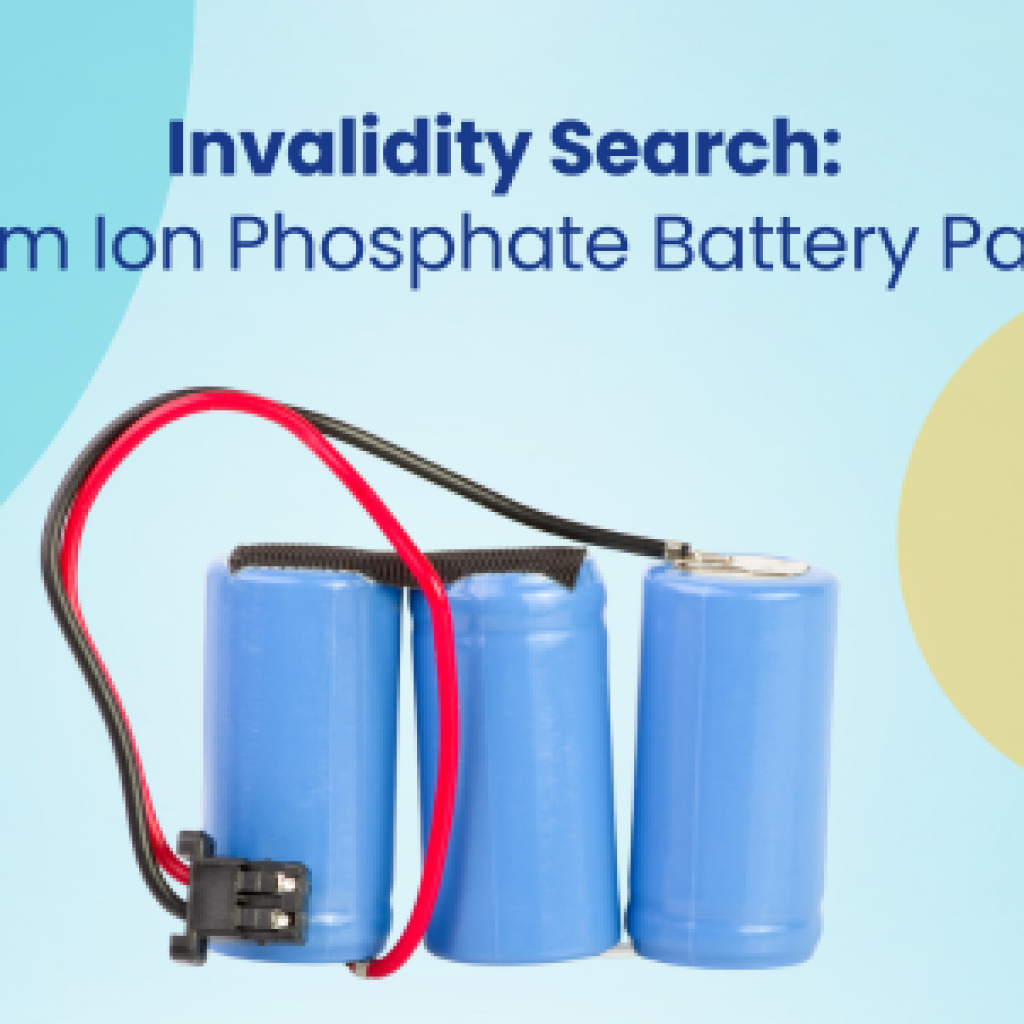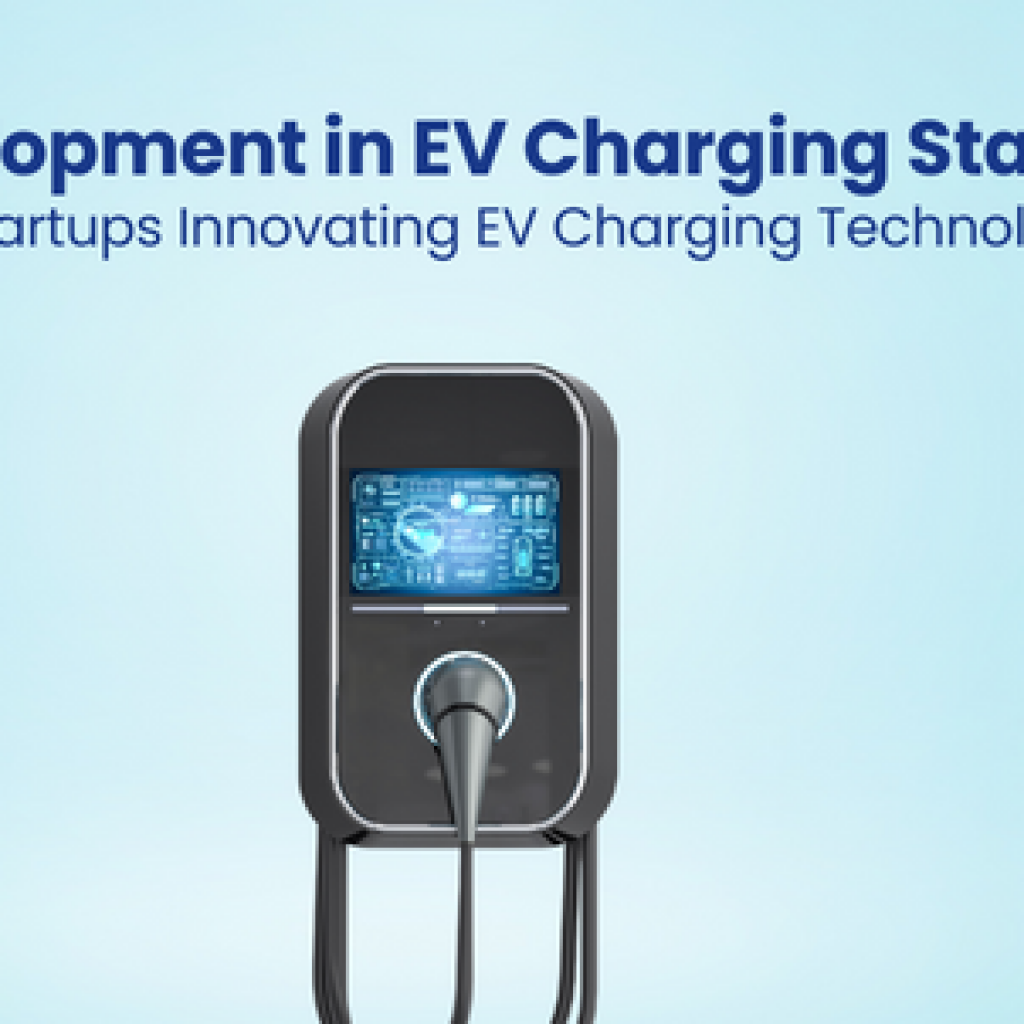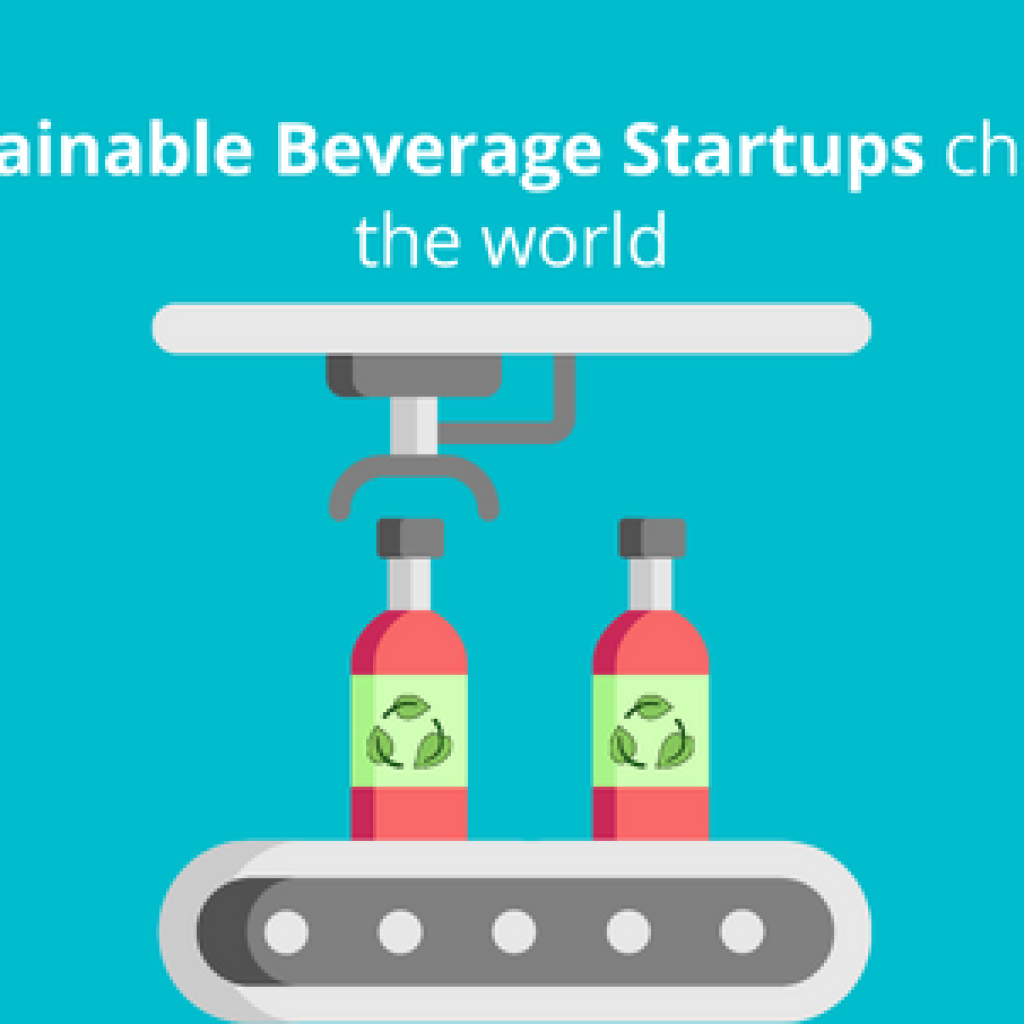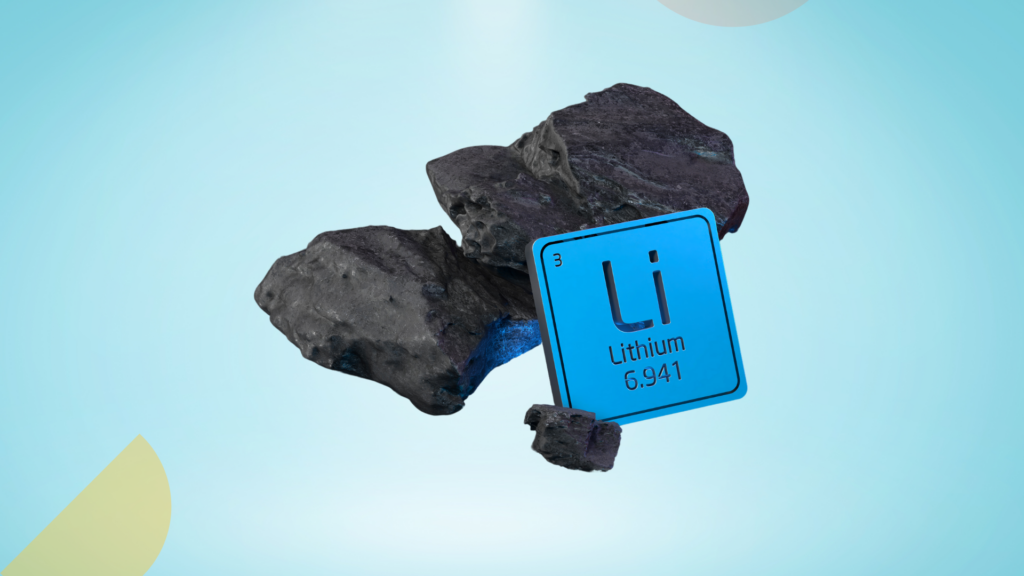Despite their widespread adoption, lithium-ion batteries face significant challenges, including limited energy density, concerns over safety due to thermal instability, and environmental issues related to the mining and disposal of lithium and cobalt. These challenges underscore the urgent need for innovative solutions that can offer higher energy capacities, enhanced safety, and reduced environmental impact.

Source: Lyten
Enter lithium-sulfur (Li-S) batteries, a promising alternative that has garnered significant attention in recent years. Li-S batteries boast several advantages over traditional lithium-ion counterparts, including higher energy density, which allows for longer driving ranges in EVs and extended life for portable electronics.
They also utilize sulfur, an abundant and more environmentally friendly material, which helps mitigate the environmental concerns associated with lithium-ion batteries. Furthermore, Li-S batteries offer the potential for lower costs and improved safety profiles, making them a compelling option for the future of energy storage.
This article explores five innovative startups at the forefront of lithium-sulfur battery technology. Each startup is pioneering unique approaches to overcome the historical challenges of Li-S batteries, such as cycle life and stability.
1. Li-S Energy to improve Battery’s Life cycles
The cycle life of lithium-sulfur batteries has historically been much lower than lithium-ion batteries, often just a few hundred cycles versus thousands of cycles for Li-ion. This is a big issue for Li-S batteries commercialization.
Founded in 2019 in Australia, Li-S Energy tackles this by developing advanced cathode materials that trap polysulfides and prevent their movement.
It uses unique nanomaterials, Boron Nitride Nanotubes (BNNTs), and a new nano-composite called Li‑nanomesh™ to enhance a battery’s strength, life cycle, and performance.

Source: Li-S Energy
Li‑S Energy was born through the collaboration of two teams of specialist nanomaterials scientists, Deakin University Institute of Frontier Materials and BNNT Technology Limited (Brisbane).
The startup is now a public company with nearly $100 million in market capital.
2. Flexodes’s Address Key Cathode and Anode Issues
While lithium-sulfur (Li-S) batteries have a very high theoretical specific energy, substantial challenges remain to improve their practical energy densities to levels viable for electric vehicles. In particular, Li-S batteries achieve only a fraction of their potential 2,500 Wh/kg energy density due to limitations like poor sulfur utilization, heavy inactive components, and packing constraints.
Founded in 2019 in the US, Flexodes aims to solve this key Li-S challenge through an innovative carbon nanotube foam cathode architecture that increases sulfur loading and utilization.
By packing more active material into the cathode per unit volume, Flexodes seeks to maximize the practical energy density of Li-S cells to exceed current lithium-ion batteries. This could enable a longer driving range for electric vehicles without increasing battery size.
Flexodes’ proprietary Lithium-Sulfur battery technology delivers a 50% improvement in energy density with the potential to exceed 100% while reducing costs by 20-40% per kilowatt-hour compared to existing lithium-ion solutions.
Flexodes cathode production process eliminates the need for slurry coating, thereby minimizing environmental harm and streamlining the manufacturing of cathodes.
In 2021, Flexodes received a grant of $147K from the United States Department of Defense.
Its CEO, Ranga Vasudevan, is a Mechanical Engineer and an MBA graduate from Rice University.
3. Zeta Energy’s Cost-Effective Li-S Battery
Lithium-sulfur batteries face several key technical hurdles that have limited their commercial viability, including low sulfur utilization, rapid capacity fading, and safety risks.
Founded in 2014, Zeta Energy focuses on solving these specific Li-S challenges through materials, cell architecture, and manufacturing innovations.
Their innovation lies in using a proprietary carbon nanotube structure that enhances the conductivity and stability of Li-S batteries, significantly improving their energy density and cycle life.

Source: Zeta Energy
CEO Charles Maslin leads Zeta Energy, focusing on commercializing its technology for wide-scale adoption. Under his guidance, the company has attracted the attention of major investors such as Moore Strategic Ventures and raised $35.2 million in funding.
They even received a grant of $4 million from the US Department of Energy in Feb 2024.
4. Theion’s Crystal Sulfur Technology
To solve the similar challenges of Li-S batteries, Germany-based Theion is pioneering crystal sulfur technology to create advanced lithium-sulfur batteries. Their unique approach allows for higher energy density and improved cycle stability, addressing some of the main limitations of traditional Li-S batteries.
Founded in 2020, Theion’s technology claims to drive material cost down to 0.20 EUR/kg compared to state-of-the-art cathode material NMC811 at >20.00 EUR/kg. Further, they focus on reducing the energy at production to save 90%.
Dr. Ulrich Ehmes, as CEO, brings a wealth of experience in materials science and battery technology to Theion. His leadership has been pivotal in driving the company’s innovation strategy and securing funding from investors for expansion.
The startup recently raised funding in a corporate round from Enpal.
5. NexTech Batteries’ innovative Li-S Cell Technology
Traditional Li-S batteries often utilize lithium metal anodes, which are susceptible to degradation through reactions with the electrolyte and volume changes during cycling.
Founded in 2016, NexTech Batteries utilizes a proprietary cathode structure and composition to increase active material utilization and reversible capacity. They also leverage advanced electrolytes and additives to curb polysulfide dissolution for enhanced cycle life.

Source: NexTech Batteries
Headquartered in the US, NexTech’s cell designs improve thermal and chemical stability for safety. Their LIS61 cell technology claims to offer better specific energy, elevated safety standards, and low cost per kilowatt-hour. Its sulfur-rich active material has a maximum specific energy of 2500 Wh/kg, 5X higher than metal-oxide Li-ion cathode materials.
Its CEO, Bill Burger, brings over 40 years of experience to NexTech Batteries with his background in leading early-stage companies. He is at the forefront of securing exclusive license rights and patents to baseline lithium-sulfur battery technology from Lawrence Berkeley National Laboratory.
The startup raised its last funding in 2022 from Lanza techVentures.
Intrigued by these innovative startups?
Partner with cutting-edge startups to tackle your industry’s toughest challenges and stay on top of the competition.
Learn how GreyB can help you discover similar ventures that perfectly fit your needs.
Authored By – Vipin Singh, Marketing
Also Read – 10 Startups Innovating the EV Battery Technology

